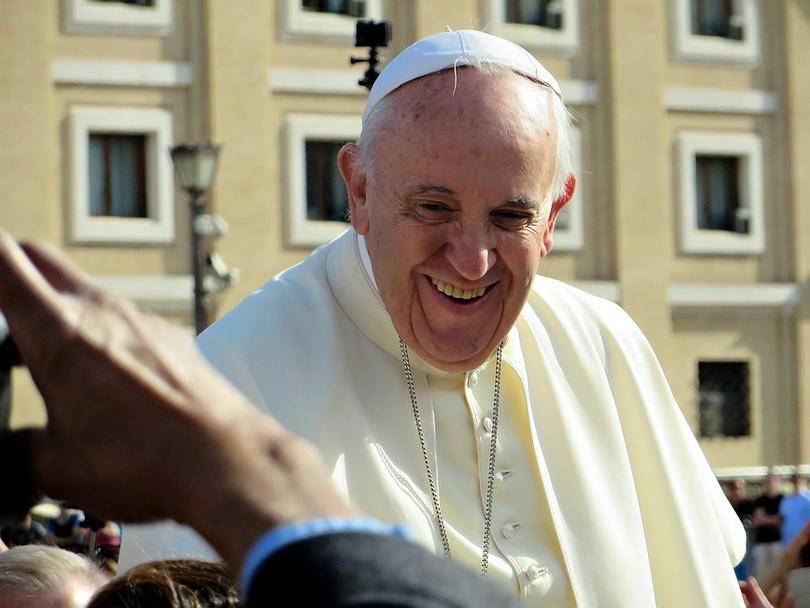As Easter just passed away on Sunday, the ecumenical church was shocked by the death of Pope Francis on Easter Monday. Pope Francis died of a disease at the age of 88. His death has drawn global attention, and numerous Chinese news reports have appeared on the Internet.
Apart from the prayer offered by brothers and sisters in Christ, many non-Christian Chinese people focus on his passing, who generally give positive comments about him. The main reason is that he often spoke for justice, cared for the poor and the vulnerable, and was friendly to China, which improved the relations between China and the Vatican. Certainly, some of Francis' reform measures (including some rumors) have aroused controversies among Chinese netizens, including Christians.
However, there is consensus that Francis lived a simple and humble life even during his papacy. He did not live in the luxurious residence provided by the Vatican but chose to stay in a simple guesthouse. He also did not travel with a lavish motorcade; even as a bishop, he often took public transportation just like ordinary people. The cross he wore was a simple version bought from a small shop in the Vatican.
It was precisely Pope Francis' simplicity, humility, and care for the laboring masses that earned him unanimous recognition both within and outside the Church. He had even been called by some foreign media as the "Pope of the People," "Pope of the Poor," and other such honorary titles. His life was a practice of Jesus' teaching of "the servant of all" and "not to be served, but to serve." These virtues he embodied are a good example to follow.
The economic situation of the church in China has greatly improved in the past decades, with churches becoming more beautifully decorated, and the ministries and lives of pastors, coworkers, and the laity becoming increasingly prosperous. But, as some believers have said, although the church used to be simple and the congregation lived poor, people could still love each other and enjoy beautiful times together. Now that conditions have improved, the warm and nice atmosphere is not available.
The factors are complicated, including the change of social morality and the structure of the membership. But the fundamental reason is that although some Christians prosper, they lose the first love. Wealth or status may change their hearts, leading to a gradual loss of Christian humility. It's like a church leader, who was once a passionate and kind brother, but as the status of the church rose, his humility gradually disappeared. He often gave orders to the staff and believers, making many people feel sorrowful.
The deceased pope still remained humble, lived a simple life, and cared for the masses. Except for his early life experience and the Latin liberation theology influence, the most fundamental was his continuous good relationship with the Lord and his deep commitment to obeying his teachings. As the head of the Catholic Church, he remained in the spirit of servanthood to truly humble himself and love other people. This won him many likes from within the church and even outside.
Whatever status we may reach, we should bear in mind that we are the servants of the Lord who should love and help other people. Being a rich, elegant, or famous person may not matter in the eyes of the Lord, as these things will pass away soon; what delights him is being a servant. While we focus on the deceased pontiff and honor him, we need to learn from his servanthood and apply it to our daily ministry and life.
(Originally published by the Gospel Times, the article has been edited under permission and the author is a believer in Fujian Province. )
- Edited and translated by Karen Luo












